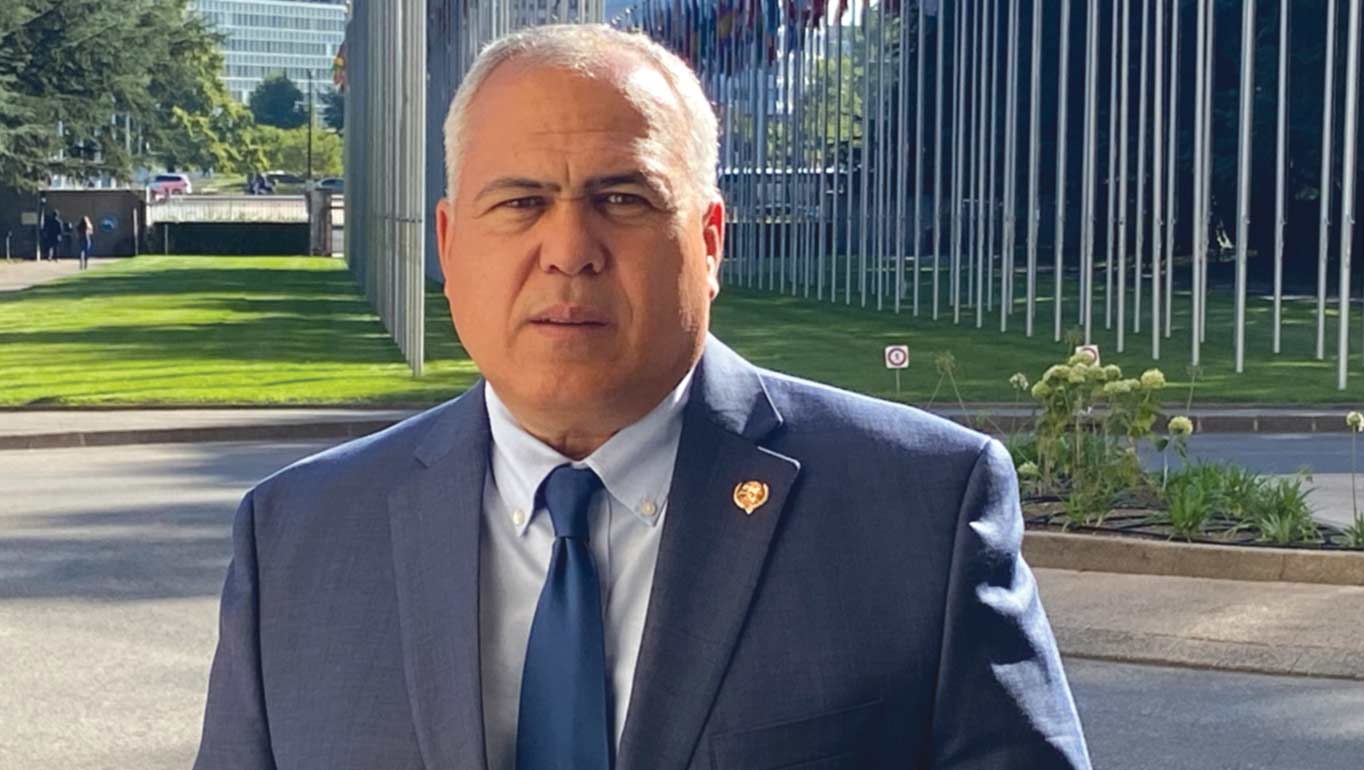There is a perception that the recommendations issued by the JIU are very often left unimplemented, which is weakening the important role that JIU could play. What are your views on this matter?
The Joint Inspection Unit (JIU) is the only independent external oversight body of the United Nations system and is a subsidiary body of the General Assembly and of the governing bodies of the 28 United Nations system organizations that have its Statute. Our reports in most cases tackle issues from a United Nations system-wide perspective. This means that our recommendations are aimed at all of our participating organizations.
We observe that organizations have reached different levels of maturity when it comes to the subject under review. It is also not unusual that the applicability of the recommendations may vary depending on the size, complexity, and structural footprint of each organization. This factor would indicate that full acceptance and implementation by all organizations may not always be possible. Having said that, the current rate of acceptance is above 70% and the implementation rate of the accepted recommendations is above 80%, which I consider a good level, with room for improvement, of course. We have the benefit of an online reporting and tracking tool developed by the JIU – a web-based tracking system – that facilitates interaction with our participating organizations on the recommendations and this monitoring and reporting mechanism has contributed to incremental improvements.
The important point is that our reports and their recommendations are considered by the management of JIU participating organizations as useful tools that contribute to organizational effectiveness, learning and accountability, not only for a particular entity, but also for the United Nations system as a whole.
If your question is “are you satisfied with the average acceptance and implementation rates?”, the answer is “Yes – but some organizations can do better.” There are organizations with low rates of acceptance and implementation who we are working with to make improvements. Indeed, the JIU itself could do more, which is why we always try to improve the focus and relevance of our recommendations. Finally, it is also important to recognize the many organizations that have high rates of acceptance and implementation of our recommendations and that the statistical averages are skewed by a few organizations with the lower rates of acceptance and implementation.
What are the measures that could be envisaged to ensure full adherence to the JIU recommendations?
The General Assembly has repeatedly recognized that “the effectiveness of the Unit system-wide is a shared responsibility of the Unit, the Member States and the secretariats of the participating organizations.” JIU constantly engages with all relevant stakeholders to understand the reasons that impede a higher rate of acceptance and implementation of recommendations. These interactions may take several forms such as regular meetings with the leadership of the organizations and with their oversight bodies. Through the annual report of the Unit, we have a continued conversation with the Member States in the General Assembly. At the working level, we have built a system of internal JIU focal points within the participating organizations that ensures a smooth cooperation and facilitates dialogue with the organizations.
In accordance with the JIU Statute, the governing bodies of our participating organizations are required to consider the JIU reports. There has been a significant improvement, driven by the JIU, to ensure more meaningful deliberations on the substance of the JIU reports in the governing body meetings. This effort has also contributed to a positive shift in the rates of acceptance and implementation of recommendations.
JIU issued an important report on staff representation. How do you view the consultative process with staff representatives in the system? (Is it a reality of a myth?)
Staff are the most important asset of any organization and so is their wellbeing. Good staff-management relations are an essential element in understanding the needs of both groups. The Inspectors support a consultative process for staff-management relations as expressed in its reports issued in 2011 and 2012 that are easily accessible on our website. In those reports, we emphasized the attitude of the executive heads as a critical factor in the success or failure of staff-management relations and the necessity of continuous dialogue and an open-door policy. Therefore, it should be a clear objective to have the best possible relations between staff and management with performance measures that will ensure that this is a constantly improving reality. We have seen some progress in this direction, and we think it has been possible due to the quality of the elected leaders of staff representative bodies. It is common practice in the JIU to keep significant reports and issues in view, including for conducting follow-up reviews in the future.



